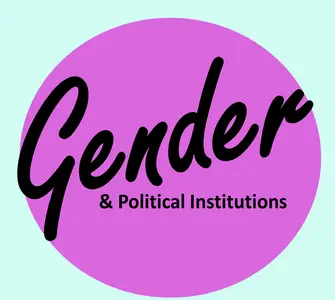Gender & Political Institutions
Political institutions structure social and political interaction and do therefore importantly shape legislative behavior, policies and the society.
Who are the actors determining the success of women in politics? Why do women have much more opportunities in some countries and not in others? And how do electoral rules like gender quota affect the representation of women in parliament? Which role do political parties play in women's political empowerment?

The podcast series features various authors who answer these and many more questions on current developments or pressing questions relating to gender equality in politics and in society.
This blog post and podcast series re-connects the knowledge of Universities in an innovative way to society and politics. The course on “Comparative Political Institutions and Gender”, taught in 2022 at the University of Bamberg by Dr. Elena Frech, took a research led, comparative view on formal (e.g. policies or rules) as well as informal institutions (e.g. ideas and norms) and their relationship with gender equality. Based upon discussions during the seminar and beyond the various authors provide analyses of the connection between political institutions and gender equality, detail how academic work can explain the world, and provide policy advice.
In episode 1 of the Gender & Political Institutions podcast series Karin Daniela Hornung, M.A. English & American Studies at the University of Bamberg, analyzes the political success of Alexandria Ocasio-Cortez (AOC). The US American Latina from the Bronx is the youngest female member of Congress and extremely popular. In the podcast Karin Hornung analyses and explains AOCs success.
► In case of ideas for topics or questions regarding the course or the podcast series, please contact E. Frech.